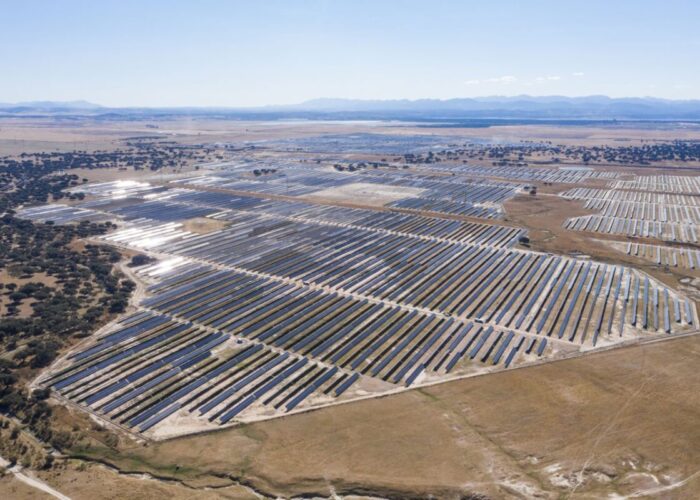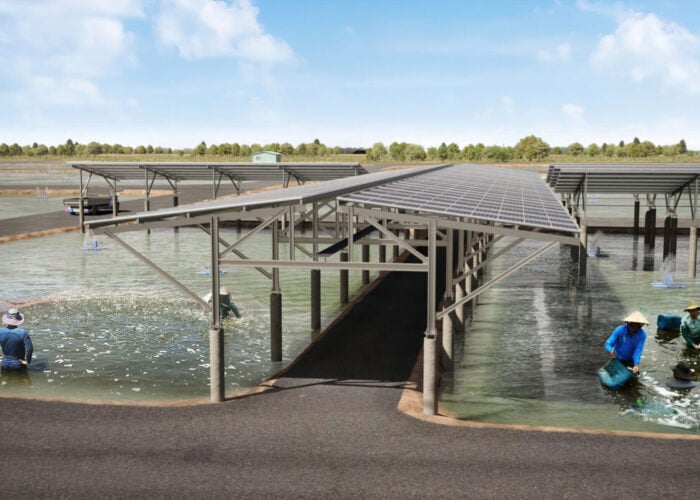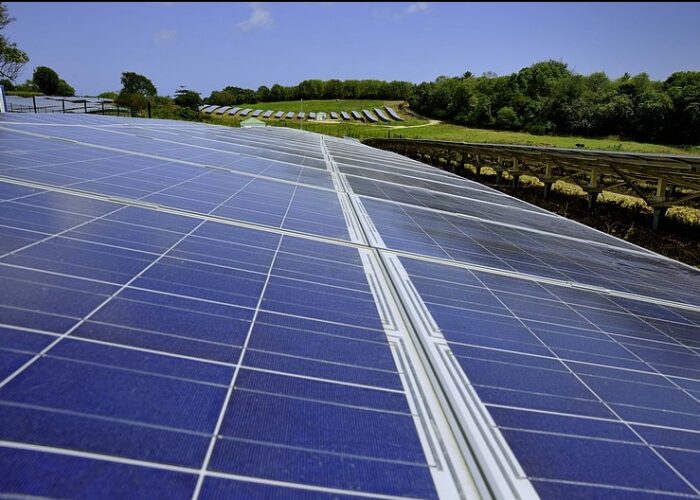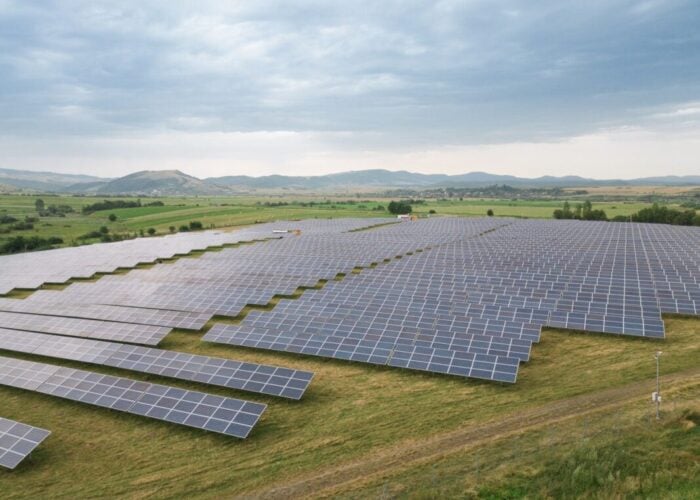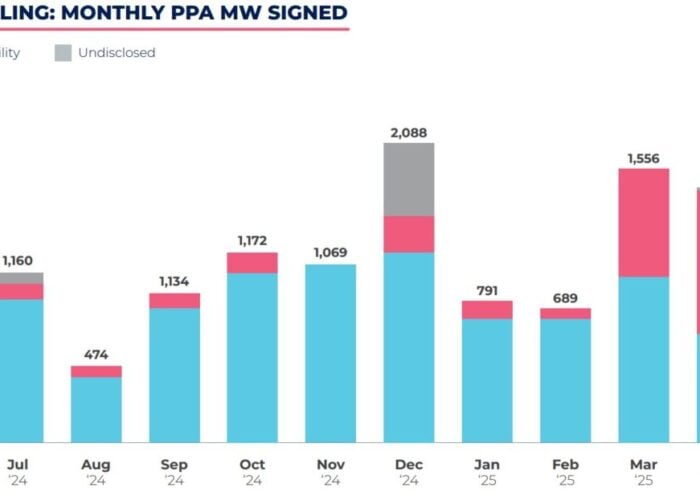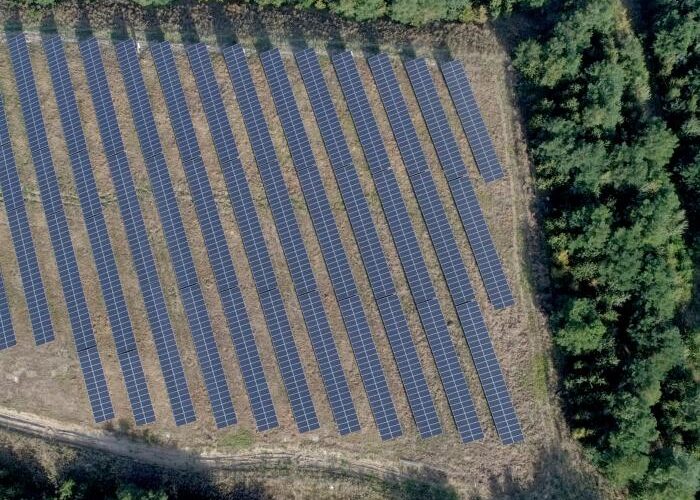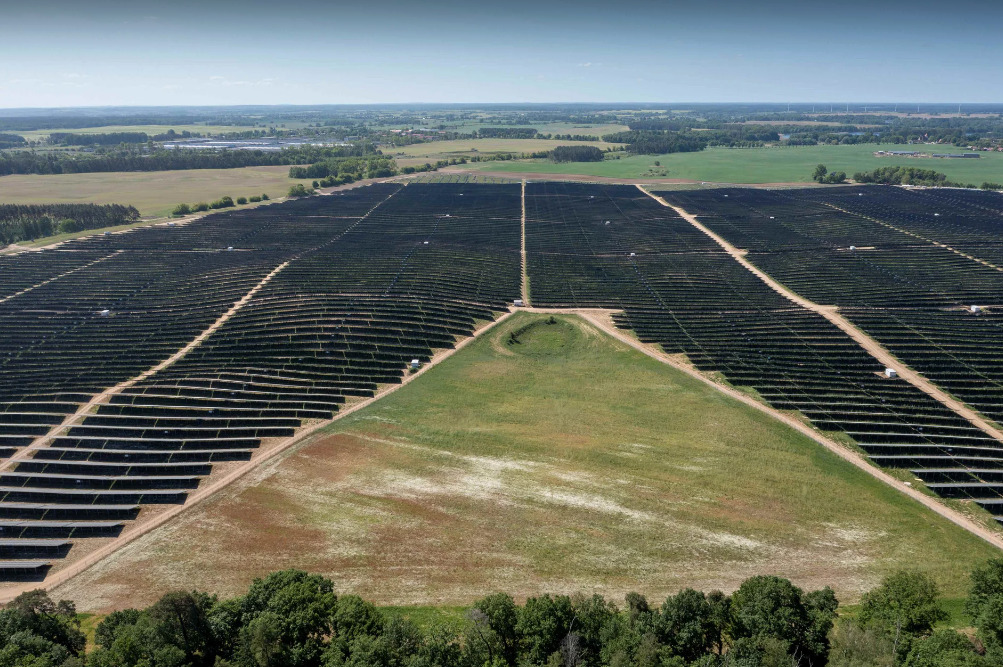
RWE Supply & Trading, the trading arm of German utility RWE, and the Salzgitter Group, a German steel manufacturer, have signed a long-term power purchase agreement (PPA) that will see the latter acquire power from the 180MW Boitzenburger Land solar park in Brandenburg, Germany.
The Salzgitter Group will begin acquiring power from the project in 2027, and the deal will last for seven years. The solar farm has been in operation since autumn 2023, and is owned by a joint venture comprising Solarenergie Boitzenburger Land, the GP Joule Group and Mainova. The companies involved expect the deal to see the Salzgitter Group acquire 64GWh of electricity per year over the course of the deal.
Unlock unlimited access for 12 whole months of distinctive global analysis
Photovoltaics International is now included.
- Regular insight and analysis of the industry’s biggest developments
- In-depth interviews with the industry’s leading figures
- Unlimited digital access to the PV Tech Power journal catalogue
- Unlimited digital access to the Photovoltaics International journal catalogue
- Access to more than 1,000 technical papers
- Discounts on Solar Media’s portfolio of events, in-person and virtual
“Large quantities of greenhouse gases are currently still being released during conventional steel production,” said Marco Hauer, head of energy procurement at the Salzgitter Group. “We are getting serious about green energy sources. By 2025, half of our electricity requirements will come from non-fossil sources, and by 2030 we want to be using 100% green electricity.”
The company has already announced plans to transition away from using fossil fuels in its steel production process, aiming to use electricity and hydrogen-based processes as early as 2026. The Salzgitter Group also aims to completely eliminate carbon dioxide from its manufacturing work by 2033, replacing traditional blast furnaces with electric arc furnaces.
The news is the latest example of a company outside of the energy sector investing in clean power through a PPA. There are a number of examples of tech and data companies using such arrangements to minimise their carbon footprints, including Sembcorp and Microsoft in the US, and this practice is now being picked up on by companies across a greater range of industries. Earlier this year, food and beverage company Nestlé signed a PPA to acquire power from German solar plants, and Greek packaging firm Karatzis signed a deal to offtake power from Greek plants.
While PPAs continue to be popular in Europe, the average price of renewable power PPAs has been in sharp decline in recent months. In July, Pexapark reported that the average price of a PPA signed in Europe fell by 1.5% from May to June, and fellow analyst LevelTen suggested that ongoing political uncertainty in Europe has made buyers less willing to spend significant sums of money on PPA deals, compared to other markets, such as North America, where PPA prices have remained more stable.
“The demand for carbon dioxide-free electricity supplies from renewable sources is growing strongly,” added David Egyptien, head of commodity solutions in Germany and Benelux at RWE Supply & Trading, acknowledging the high demand for PPAs. “With our energy solutions, we want to promote climate protection in all areas of the economy.”

